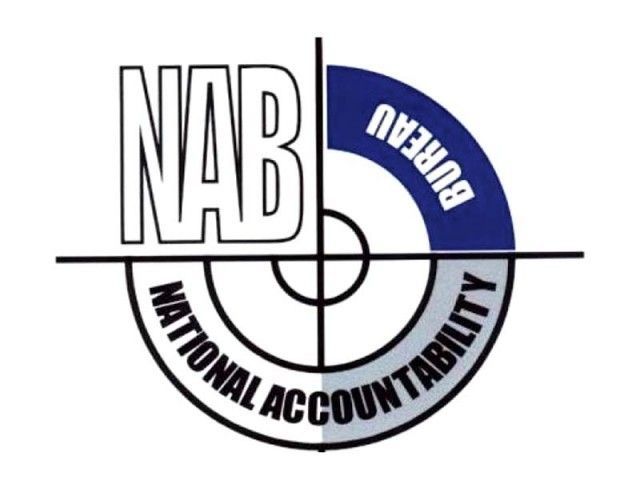
In an unprecedented development, the country’s acting president on Monday signed a significant piece of legislation that may have far reaching implications for the former prime minister and Pakistan Tehreek-e-Insaf (PTI) chief Imran Khan.
Senate Chairman Sadiq Sanjran, who is working as the acting president in the absence of Dr Arif Alvi, on Monday night approved the National Accountability (Amendment) Ordinance, 2023, a law that governs the country’s top graft buster, the National Accountability Bureau (NAB).
The National Accountability (Amendment) Ordinance, 2023 which replaces the National Accountability Ordinance (NAO), 1999 gives unprecedented powers to the NAB chairman, allowing him to issue arrest warrants for individuals who refuse to cooperate in investigations.
Under the amended NAB law, the arrested suspects can now be held in custody for up to 30 days, a significant increase from the previous 14-day limit. Sources said the Ministry of Law and Justice drafted the proposed amendments, which were later on approved by the federal cabinet.
The signing of the ordinance came on the advice of Prime Minister Shehbaz Sharif.
“The Prime Minister’s advice at para 6 of the summary is approved. The National Accountability (Amendment) Ordinance, 2023, is signed and promulgated,” said a notification issued by the presidency.
Some political analysts have questioned the timing of this move as President Arif Alvi is currently abroad, performing Hajj in Saudi Arabia. They believe that the ordinance was intentionally promulgated in Alvi's absence to avoid his potential objections.
Intriguingly, former prime minister Imran Khan is scheduled to appear in a court in Islamabad tomorrow morning. Observers noted that the amended NAB ordinance could have significant implications for him. If arrested, Imran could now be held in custody for a month, potentially disrupting his political activities.
It is rumored that the promulgation of the ordinance could pave the way for the arrest of Imran's wife and other PTI leaders currently facing NAB cases. Earlier, NAB arrested the PTI chairman from the premises of the Islamabad High Court (IHC) on May 9 over allegations of corruption.
Soon after the arrest, protesters took to the street, vandalizing and setting fire to key government and army installations and memorials—acts that were followed by a massive crackdown against the PTI which is now facing an existential crisis due to the exit of dozens of key leaders.
The alleged vandals are now facing charges of terrorism while over 100 of them are now in the military’s custody, facing trial under the Pakistan Army Act, 1952 and the Official Secret Act, 1923. Since his ouster in April 2022, Imran Khan has been facing several cases and frequently appears before different courts.


1725877703-0/Tribune-Pic-(5)1725877703-0-165x106.webp)



1726722687-0/Express-Tribune-Web-(9)1726722687-0-270x192.webp)











COMMENTS
Comments are moderated and generally will be posted if they are on-topic and not abusive.
For more information, please see our Comments FAQ